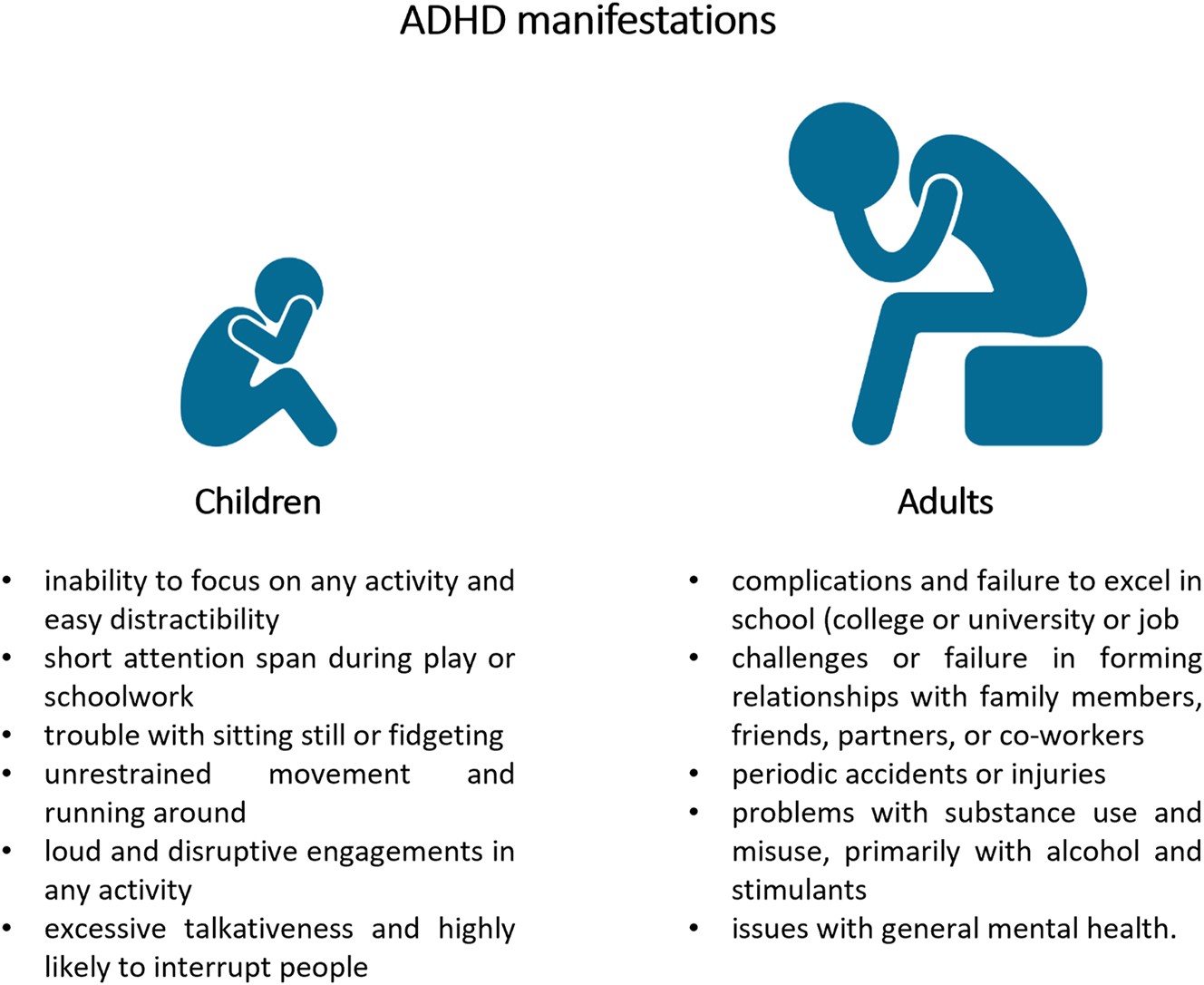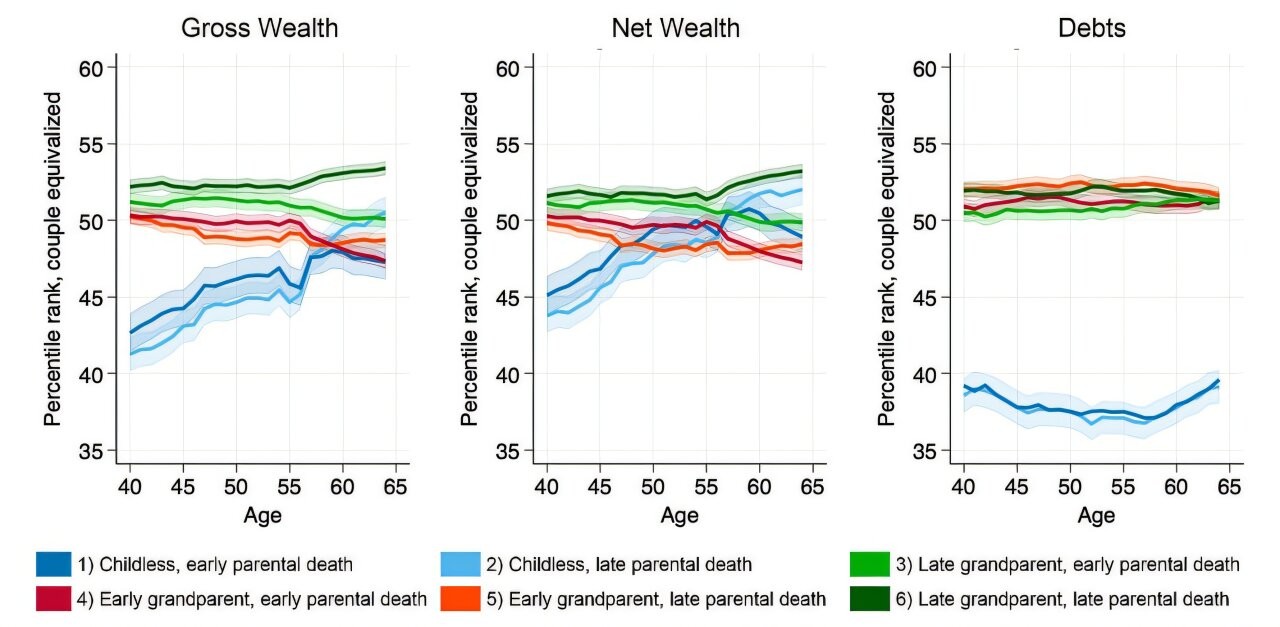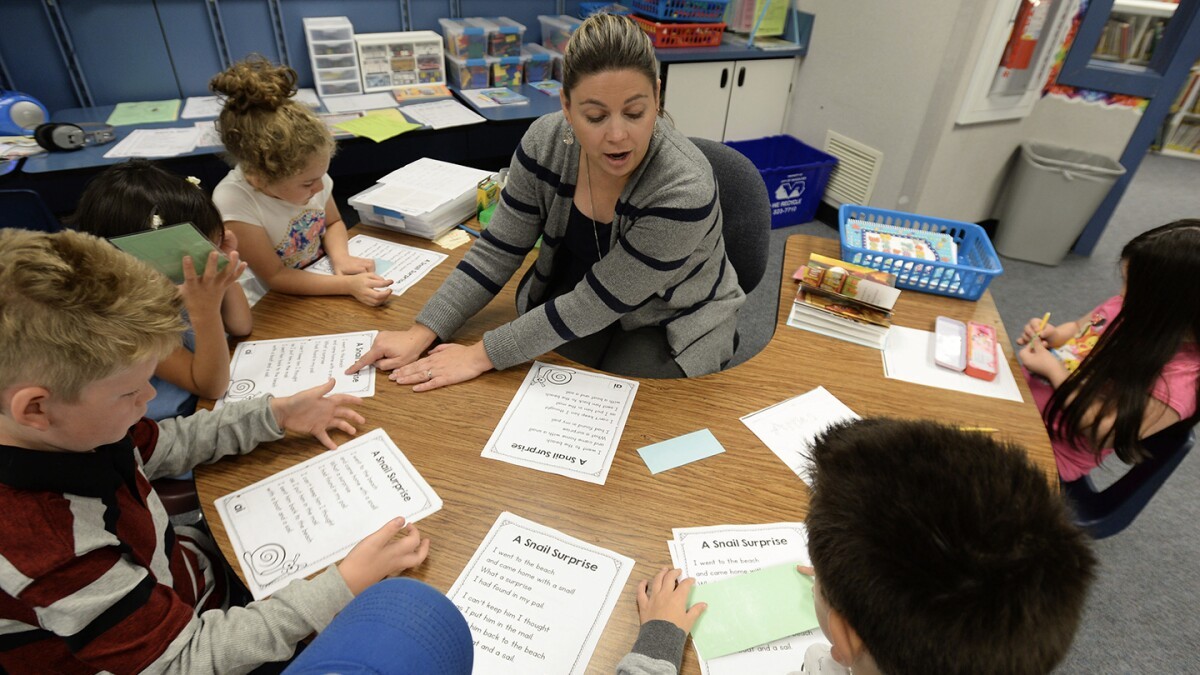ADHD Linked to More Frequent and Less Positive Spontaneous Memories in Daily Life
New research reveals individuals with ADHD symptoms experience nearly twice as many spontaneous memories compared to those without, with these recollections being notably less positive. The groundbreaking study combined laboratory testing with real-world diary tracking to understand how memory patterns differ in people with attentional challenges.
Financial Well-Being Gap Widens Between Generations, UGA Study Finds
A University of Georgia study reveals significant disparities in financial knowledge and well-being across generations, with baby boomers demonstrating the highest levels compared to Gen X and millennials. The research suggests these differences stem from accumulated life experience rather than inherent generational traits.
Child-Free by Choice: Study Shows Dramatic Rise in Americans Rejecting Parenthood
A groundbreaking Michigan State University study reveals that the number of adults choosing to remain child-free has doubled in the past year, reaching 29% in 2023. The research analyzes data from 80,000 U.S. adults, uncovering significant shifts in family planning attitudes and societal expectations around parenthood.
Infants Show Remarkable Self-Awareness: Three-Month-Olds Can Detect Their Own Heartbeat
Groundbreaking research reveals that babies as young as three months can perceive their own heartbeat, challenging previous assumptions about early human development. Using innovative eye-tracking technology, researchers discovered infants pay more attention to animations synchronized with their internal body rhythms.
Music as Medicine: How ADHD Adults Use Background Tunes Differently
A groundbreaking study reveals distinct patterns in how young adults with ADHD utilize background music compared to neurotypical peers during daily activities. Research shows ADHD individuals strategically use stimulating music to optimize focus and performance, opening new possibilities for non-pharmaceutical symptom management.
Moral Values Vary Among Different Types of Polish Patriots, Study Finds
Research involving over 2,000 Polish adults reveals distinct moral patterns among different patriotic attitudes, from national glorifiers to constructive critics. The findings show how varying forms of national attachment influence moral decision-making and responses to ethical dilemmas.
Social Media Detox Myth: New Study Finds No Mental Health Benefits from Digital Breaks
A groundbreaking meta-analysis of over 4,600 participants reveals that temporary social media breaks do not improve mental wellbeing or life satisfaction. The Belgian research challenges popular 'digital detox' claims, suggesting more nuanced approaches to healthy social media use may be needed.
Age Impacts How Children with Social Anxiety Process Mistakes, Study Finds
New research reveals younger children with social anxiety struggle more to refocus after making mistakes compared to older children with the same condition. The study of 214 children shows this deficit diminishes around ages 11-13, suggesting developmental changes help overcome initial processing challenges.
Children's Body Image Perceptions Form Earlier Than Previously Thought
Research from Durham University reveals that children as young as seven begin developing lasting perceptions about body image through visual exposure. The groundbreaking study examining over 200 participants has launched a £2 million initiative to address body image concerns globally.
Primary School Children Show Superior Ability in Understanding Cause and Effect
A groundbreaking study reveals that primary school children outperform both younger and older age groups in associative learning abilities. The research challenges previous assumptions and provides valuable insights into age-specific learning patterns that could inform educational approaches.









